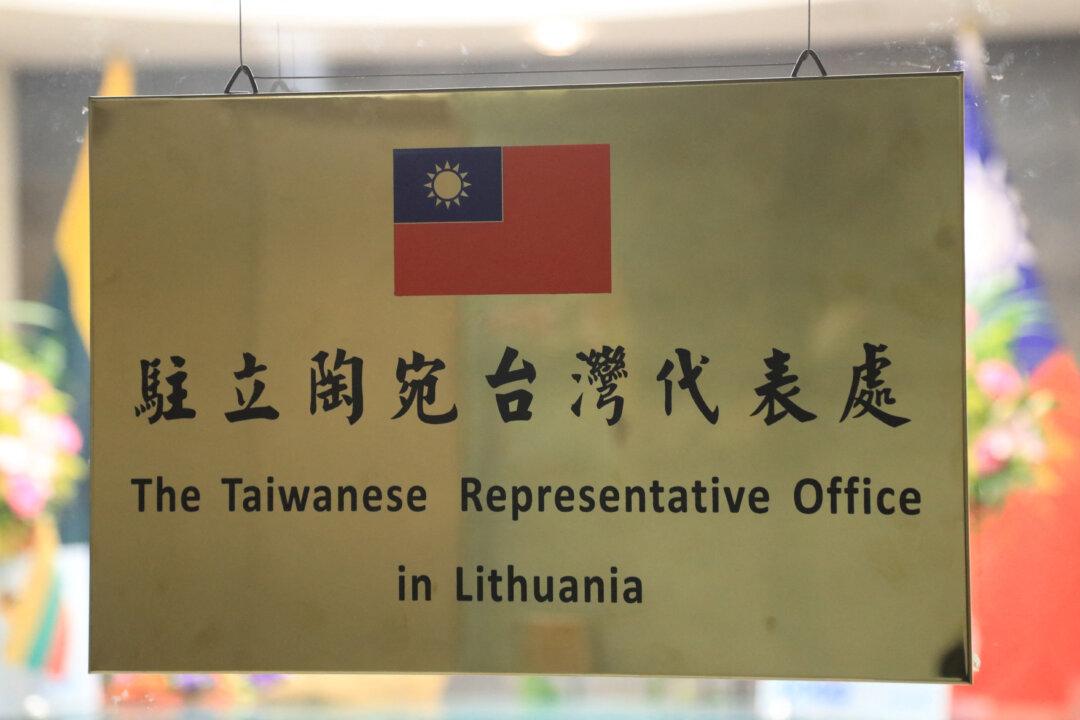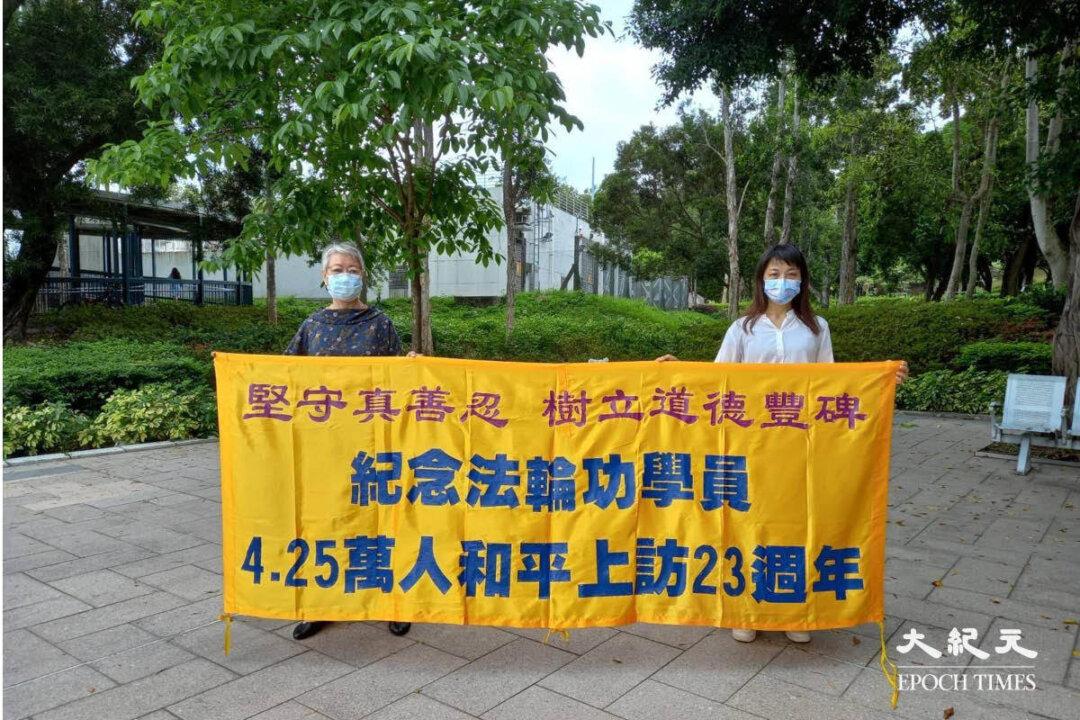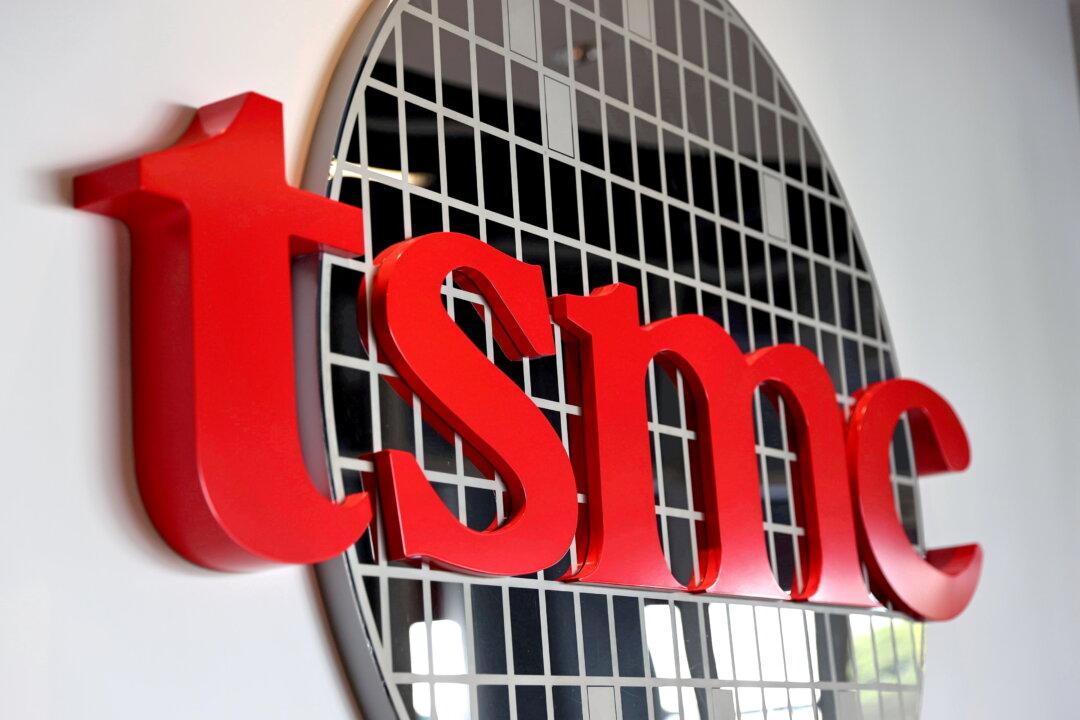The latest figure shows Lithuania’s exports hit a ten-year high in 2021. The data came as the Chinese regime imposed trade restrictions on the country over its friendly stance towards Taiwan.
On Feb. 13, Lithuanian state broadcaster LRT (Lietuvos radijas ir televizija) cited statistical data analysis by Enterprise Lithuania, the government’s business promotion agency, as saying in 2021, Lithuanian exports increased significantly, unaffected by the ongoing COVID epidemic, geopolitics tension, and China’s crackdown, with merchandise exports growing 20.5 percent (excluding oil, up 16.4 percent) from the year prior.



